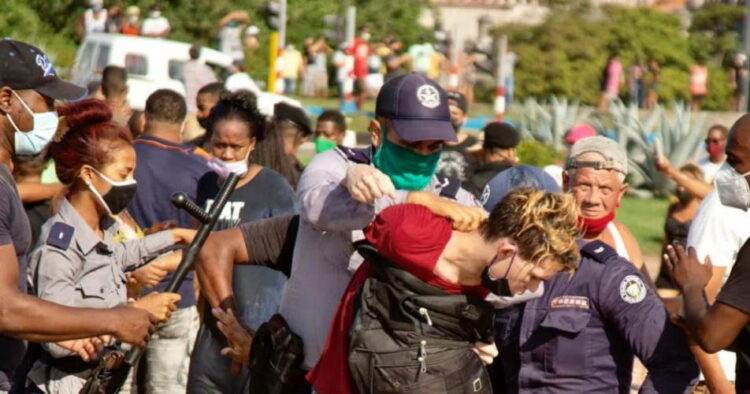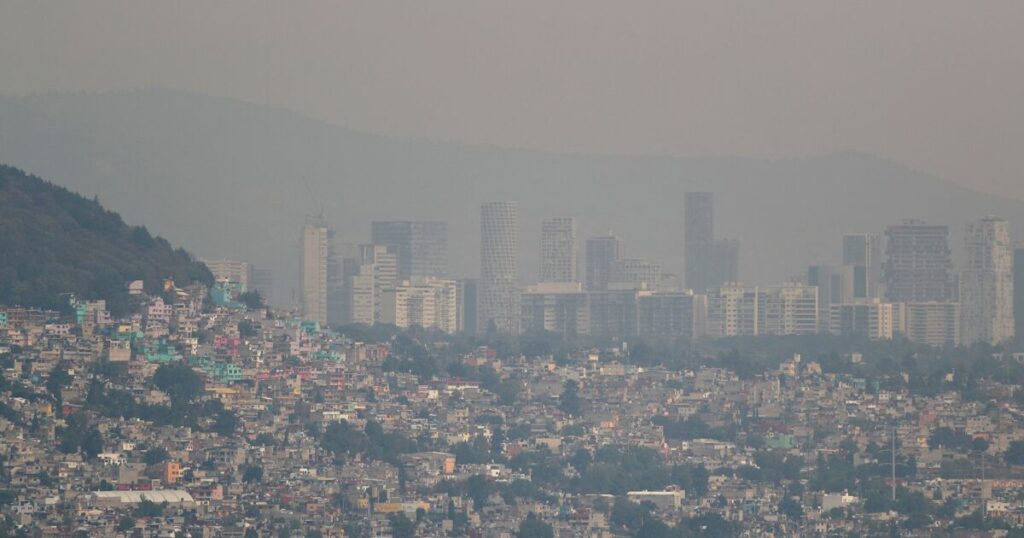LAS TUNAS, Cuba. — In the recent text Amnesty in Cuba: facts and rights (II), according to the Law No. 2 of May 6, 1955 —signed by the de facto president Fulgencio Batista and by which, without distinction, both the assailants of the Moncada barracks and the soldiers who committed human rights violations were pardoned— I maintained: “Article 2 provided that those crimes reported in a profuse compendium of titles, chapters, articles and books of the aforementioned code (of Social Defense), `provided they had political motives or purposes,´ or that they had been executed `to repress, investigate or prevent any of the crimes indicated in article above’, and the reader should not forget this precept, because we will return to it when exploring an amnesty in the current sociopolitical context of Cuba”.
I asked the readers not to forget that precept where the lawbreakers (the assailants) later became victims of the assailants (the military), and then (in 1959) their executioners, because today not a few people fear that, if hypothetically there were an amnesty to release the prisoners of 11J and all those who are in jail for political reasons, it would happen again, as it already happened with the Law No. 2 of May 6, 1955.
Certainly, in Cuba we have a lack of legal certainty, which is the guarantee that the citizen must have before the State regarding his person, his property and his rights, rights that lack certainty due to the lack of predictability that the person has about what will be the consequences of their actions or omissions and, in short, of their own acts.
It should be noted that those prosecuted in Cuba are not judged in the light of custom and universally accepted law, but of the so-called “socialist legality.” This is how we have seen it these days, where, supposedly, the rights of expression and demonstration are protected by the Constitution, when, in reality, they are punished by the courts, as shown not only by the prolonged sanctions of the 11J protesters , but those pronounced in 1959 by the so-called “revolutionary courts”, which sentenced amnesty holders to death, until those issued today by supposed “popular courts”.
The criminal action prescribes by the passage of time (understood: of the terms counted from the commission of the crime, say, 25 years when the law establishes a sanction of deprivation of liberty for 10 years) and criminal responsibility is extinguished by prescription of the sanction (understood, for example, when a death sentence is not effective and after 30 years it can no longer be carried out). However, this is not the case with crimes against humanity, which are imprescriptible and can always be prosecuted.
The Rome Statute of July 17, 1998 (in force since January 1, 2002) is constitutive of the International Criminal Court and typifies as imprescriptible crimes and crimes against humanity murder, extermination (exposing a population in a premeditated and intentional way to conditions of life aimed at causing its destruction and depriving it of access to food or medicine), slavery (exercising the right to property over a person) and deportation or forced population transfer (includes the deportation or expulsion of people from places where they are physically present). legitimate way).
Imprisonment and deprivation of liberty in violation of due process and universally accepted norms of international law, torture (inflicting severe physical or mental pain or suffering on a person under custody or control, including medical torture and experimental forced human beings), violence, sexual slavery, forced prostitution and other sexual abuse, persecution of a group or collective with its own identity for political, racial, ethnic, cultural, religious, gender, or other reasons universally recognized as unacceptable under international law.
Also included in the Rome Statute are the forced disappearance of persons by the State through detention or kidnapping with the intention of depriving them of the protection of the law for long periods, the crime of apartheid (inhuman acts of one racial group against another to maintain in power), as well as any other acts that, intentionally and unjustifiably, cause great suffering or threaten the physical or mental health of people.
It is not necessary to be a jurist to understand that not a few of these behaviors classified as crimes against humanity by the Rome Statute have been committed in the national territory against Cubans and foreigners since 1959 and until today by the regime of the Castro brothers. . Then, in the hands of the Cubans, it is so that the pardon of those who, against their rights, committed crimes against humanity that are imprescriptible crimes does not occur.
OPINION ARTICLE
The opinions expressed in this article are the sole responsibility of the issuer and do not necessarily represent the opinion of CubaNet.
Receive information from CubaNet on your cell phone through WhatsApp. Send us a message with the word “CUBA” on the phone +1 (786) 316-2072, You can also subscribe to our electronic newsletter by giving click here.

















